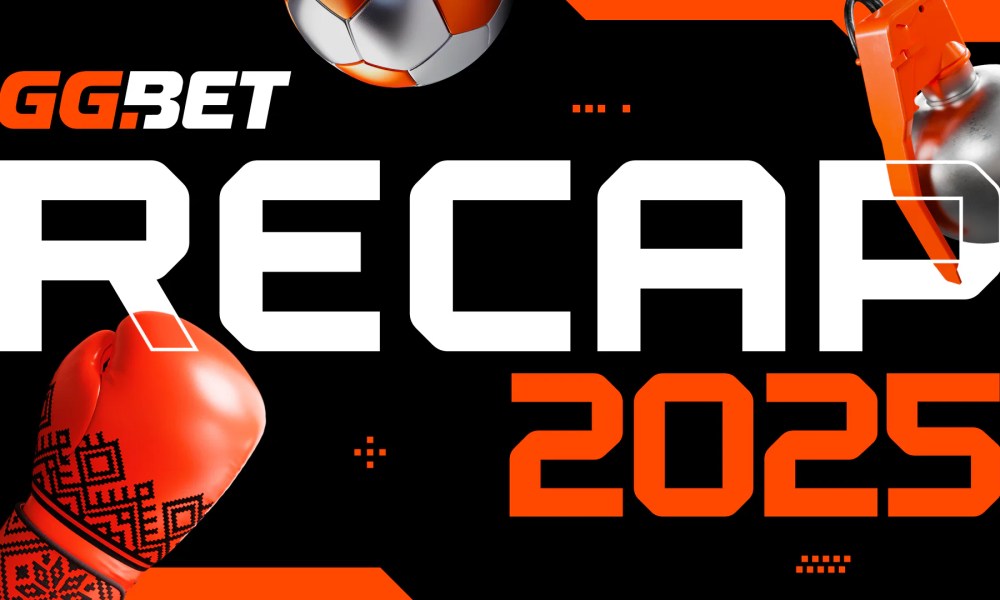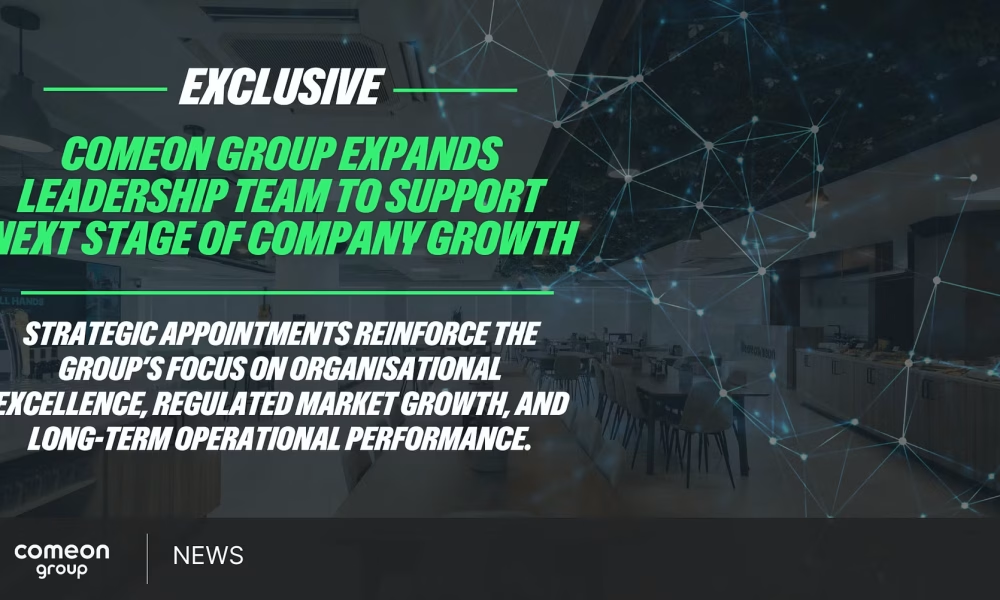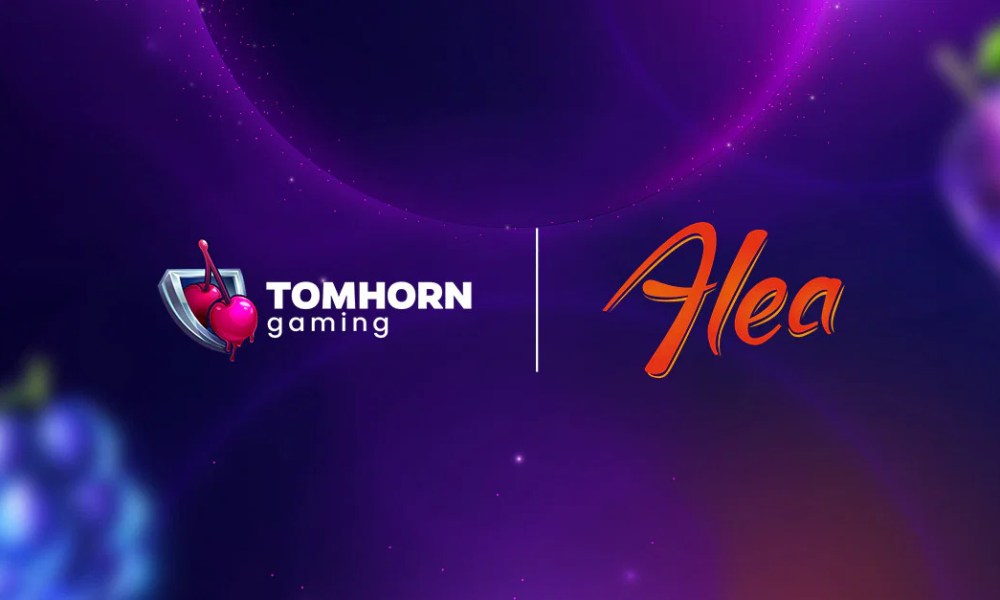Latest News
Exploring the Metaverse and AI’s role in it
with modl.ai’s CEO & Co-founder Christoffer Holmgård
- How do you define a metaverse?
The metaverse is a challenging thing to define, partly because it’s such an abstract concept, but also as no one has created one yet – so the exact scope of what we’re talking about is a bit blurry. To define the Metaverse, it makes sense to look to fiction, where the term was originally coined. In Neal Stephenson’s Snow Crash, the Metaverse is a digital, online universe, perceived from a first-person perspective, that exists independently of whether you are logged into it or not. It’s a persistent place that you can access, change, leave, and return to.
There’s a myriad of possible definitions, but there are common threads between them. The metaverse could be defined as a multi-user real-time virtual space where individuals around the world can connect via a network, co-exist and socialise. Many games and platforms exist already that could fit this description, but what sets apart the metaverse from a traditional multiplayer experience is the ability for players to create and share content to shape the world around them in a more or less persistent setting.
- When do you think the first Metaverse will be created?
Some think we’ve already arrived, others think the metaverse will be far grander in scale. If you look at your gaming library today, examples that resemble metaverses will instantly jump out at you in the shape of Minecraft, Dreams, Fall Guys, Roblox and Fortnite. For many people, these titles are no longer considered games but persistent spaces to connect and socialise through virtual experiences – that may or may not include gaming.
Historically, the gaming industry has seen many forms of the metaverse since its inception. World of Warcraft has had its own functioning virtual and digital metaverse in the form of a digital and virtual economy for decades. Second Life is another early example that partly fits the bill, and EVE Online in particular stands out as a persistent universe shared between all the players where large organizations and even an economy have sprung up. Looking even further back, the early Multi-User Dungeons of the 1970s – or MUDs – might be considered proto-metaverses without graphics. Each of these examples contain different characteristics that define the Metaverse, even if they didn’t manage to achieve them all.
- How are you seeing the metaverse trend being reflected in the industry right now?
We’re seeing a drive across the games industry toward creating platforms for Metaverse-like experiences. Using either existing technologies or games, and even building new ones. The trend has been going on for quite some years, but it seems we’re reaching a point where the idea of Metaverses is coming together for both players and large industry actors. What’s more, the global pandemic has undoubtedly accelerated some of these trends that were already underway.
Fortnite, Roblox, and other big titles have slowly evolved from games to online spaces where people can interact and spend virtual currency on in-game items to build relationships and experience something fun and unique. Elsewhere, the trend continues thanks to games like Fortnite, which continues to develop more virtual experiences like its famous concerts. What’s more, Fortnite’s publisher, EPIC Games, recently raised $1 billion to support its future vision to build the metaverse.
With nearly 40 million daily users, the online gaming platform Roblox has become an incredibly popular online community. The game allows its users near-limitless possibilities to create, buy and sell, customise and socialise. What’s more, Roblox no longer calls itself a game on its website anymore; instead, it’s now an experience.
In essence, it’s a collection of semi-persistent spaces created by players using the same foundational tools and protocols. They make their spaces uniquely their own by changing and expanding templates and customising them in creative ways that no single game development company could come up with on their own.
Developers who have created popular interactive virtual social spaces have realised the earning potential behind their ‘games within a game’. So the race to perfect the metaverse model is on!
Many believe the metaverse is the next logical evolution of the internet, so it’s easy to see why so many big industry players are racing to stake their claim and take as big a piece of the pie as possible. So much so that even the country of South Korea has begun laying the foundation for its metaverse, as it recently created an alliance between 17 of the country’s industry-leading tech companies. Most recently, Facebook came out and declared itself a contributor to bringing about the Metaverse.
There is currently no single metaverse, but given the recent boom in brand collaborations and cross-platform play, in the future, we may see several of them become interoperable or meld together in a shared vast universe. But the biggest hurdle will still remain getting companies to look past their own interests to drive inter-organisational collaboration.
- What do you think will be some of the main hurdles in establishing the first metaverse?
Creating a metaverse is one thing, but keeping players engaged and returning to this new frontier is another. Gaming professionals need to understand what motivates players to contribute and come back to these virtual spaces. The key lies in understanding player behaviour. It may sound obvious, but measuring the way a given player moves through and interacts with a virtual space is a great way to gauge their interests. Their interactions, however seemingly insignificant, reveal the player’s preferences from moment to moment.
Understanding a player within the metaverse could be reached by manually picking and studying the individual user, but this approach quickly becomes unfeasible at scale. Alternatively, one can sample representative users, but this form of user research is time-consuming, expensive, and doesn’t pinpoint accuracy at the individual player level. This is where artificial intelligence can help.
- What role will AI play in the metaverse?
Put simply, publishers need their players to return, continue investing, and growing with the environment itself. Tools such as AI that learns from and understands the audience could be the key to growing the metaverse as the game industry’s next frontier.
Today we’re already seeing how AI can assist in daily work, assisting with checking, testing, coding, or even generating whole segments of stories automatically. As more people become digital content creators, we expect AI to take a role as a creative assistant working next to human creators, automating boring, repetitive or difficult tasks that are part of the creation process. AI systems will learn from prior examples and patterns in the Metaverse and use the learnt information to assist with new creative processes.
An additional way in which AI will be significant in the Metaverse is that AI systems will get to know you over time and shape your experience of the Metaverse accordingly. A quality of digital universes is that they, by their nature, allow for the observation of just about everything that goes on in them. One method that can help developers understand their players is by recording their behaviour at the action level and using it to create AI Personas – which are essentially models of the players in parts of the metaverse. By first logging and replicating player behaviour, AI Personas can predict how certain players or groups would act, and by extension, what that means in terms of interests, motivations, and preferences.
These predictions can then be used to tailor and adapt the player’s experience with the most engaging content and interactions at the individual level. You could imagine having an AI system that puts together or even generates content and experiences that are tailored just for you.
It even opens the opportunity for you to leave behind imprints of yourself when you’re not signed into the Metaverse. Some video games already offer a version of this today – for instance Forza Motorsport has Drivatars: AI drivers that drive in your style, that your friends can race against if you’re not online to compete. Perhaps, in the future, we’ll have our own AI doubles or assistants filling in for us in the Metaverse, when we’re not around to play.
This idea is really an extension of character customisation, which has become a cornerstone of modern gaming. Epic Games understood early on how character customisation and avatar expression attracted players away from competing titles such as PlayerUnknown’s Battlegrounds. Licensing pop-culture avatars was key to keeping people within the Fortnite metaverse. Interest amongst players is always high because there’s a chance for them to wield a lightsaber one week then wear the infinity gauntlet as Thanos the next.
This level of avatar detail and customisation, and the ability for users to express themselves in new and exciting ways, will potentially be the cornerstone of any successful future metaverse project as players use this as a form of expression.
But as games continue to increase in scope and attract more players to log on, manually managing these virtual worlds becomes much less feasible – especially in the context of a metaverse. So you can quickly see where AI fits into the equation.
From generating digital environments, shaping more realistic AI character behaviours to automated bug finding, the potential applications for artificial intelligence will be near-limitless. With regards to the Metaverse, whatever final form it takes, I believe artificial intelligence will be vital in realising projects of this scale.

Latest News
Meridianbet Doubles Down on Belgium: New Casino License Unlocks €455m Market Segment
Editor’s Take
Why this matters: This is a classic “Cross-Sell” play. Meridianbet has already spent seven years building a sports betting database in Belgium. By securing this B+ license, they can now monetize those same users with higher-margin casino products (slots, table games) without needing to acquire new traffic from scratch. With the Belgian casino sector growing at 20% year-over-year, this is a significant revenue unlock for the GMGI portfolio.
The Full Story
Meridianbet, the sports betting and gaming operator owned by Golden Matrix Group Inc. (NASDAQ: GMGI), has successfully expanded its regulatory footprint in Europe by securing a B+ online gaming license in Belgium.
The new license (B+ 4016) authorizes the company to launch a comprehensive online casino platform—featuring slots, table games, and automated live games—starting in January 2026. This move significantly broadens the operator’s capabilities in the country, complementing its existing sports betting operations which have been active in the Belgian market for seven years.
Targeting the Largest Market Segment The strategic rationale behind the license is clear: Casino is now the dominant force in Belgian gambling. According to the Belgian Gaming Commission, the online casino vertical generated €455 million in Gross Gaming Revenue (GGR) in 2023, representing a 20.2% year-over-year increase.
By entering this vertical, Meridianbet gains access to the largest and fastest-growing segment of a market that generated a total of €944.6 million last year.
Tech-First Entry Meridianbet plans to deploy its proprietary AI Casino Recommender technology for the Belgian launch. This system analyzes player behavior and preferences in real-time to deliver personalized game suggestions, a crucial differentiator in a highly concentrated market where just ten operators account for 94% of all online wagers.
Regulatory Context Belgium is known for having one of Europe’s strictest regulatory frameworks, characterized by rigorous compliance standards and player protection protocols. Securing this license validates Meridianbet’s operational standards and deepens its foothold in a “mature” market that is notoriously difficult for new entrants to penetrate.
The post Meridianbet Doubles Down on Belgium: New Casino License Unlocks €455m Market Segment appeared first on Gaming and Gambling Industry Newsroom.
Latest News
LinkDataMedia Drops ‘Startup’ Look with Major 5th Anniversary Rebrand
Editor’s Take
Why this matters: In the iGaming affiliate space, the five-year mark is a critical survival threshold. Many media startups fade away before reaching it. LinkDataMedia’s decision to rebrand now is a classic “graduation” signal. By shedding their startup skin for a more corporate, “blue-chip” aesthetic (the stability-focused blue triangle), they are telling operators and partners that they are no longer just an affiliate project, but a stable infrastructure partner ready for larger commercial deals.
The Full Story
LinkDataMedia, the parent company behind the popular affiliate portal Gamblers Connect, has announced a comprehensive corporate rebrand to coincide with its fifth anniversary.
The overhaul includes a completely refreshed brand identity, a redesigned logo, and a fully revamped website, all of which are now live. The move is described by the company not as a mere cosmetic update, but as a strategic pivot designed to distance the business from its “startup roots” and reflect its current status as an established player in the competitive iGaming media landscape.
Visualizing Maturity The new visual language features a modernized blue triangular logo, a shape chosen to represent “stability and forward momentum.” The digital user experience has also been streamlined, offering partners a cleaner interface that aligns better with the company’s matured operational capabilities.
Management Commentary Gjorgje Ristikj, Founder and CEO of LinkDataMedia, commented on the significance of hitting the half-decade milestone in such a volatile industry:
“Surviving the first five years in business takes more than luck. It takes belief, resilience, and the right people around you. This milestone, and the rebrand, reflect exactly that.”
Implementation The new branding has already been deployed across the main corporate website and is currently being rolled out across LinkDataMedia’s social media channels and internal communication platforms. As the company enters its sixth year, the refreshed identity aims to set the stage for a new phase of expansion and innovation.
The post LinkDataMedia Drops ‘Startup’ Look with Major 5th Anniversary Rebrand appeared first on Gaming and Gambling Industry Newsroom.
Latest News
Win Systems to Debut New ‘Gold Club Colors’ and WIGOS Upgrades at ICE Barcelona
Editor’s Take
Why this matters: As ICE makes its historic move to Barcelona, established tech providers like Win Systems are under pressure to bring their “A-game” to the larger venue. The focus here isn’t just on cabinets; it’s the ecosystem. By highlighting WIGOS (their CMS) alongside WIN PAY, Win Systems is positioning itself as an infrastructure partner, not just a hardware supplier. The debut of the Gold Club Colors roulette specifically targets the growing demand for visually customizable electronic table games (ETGs).
The Full Story
Win Systems, the global provider of technology for the gaming and entertainment industry, has confirmed its product roadmap for ICE Barcelona 2026, the sector’s most significant international event taking place from January 19 to 21.
Exhibiting at Stand 3M30 at the Fira Barcelona Gran Via, the company will leverage the new venue to showcase a broad portfolio designed to cover the entire casino floor—from management systems to the gaming floor itself.
Systems and Fintech At the core of the showcase is WIGOS, the company’s flagship Casino Management System (CMS). WIGOS is widely recognized for connecting thousands of machines across multiple countries, and the Barcelona display will focus on advanced tools that streamline daily operations and optimize player retention.
Complementing the CMS, Win Systems will present WIN PAY, its secure transaction platform. As cashless and seamless payment solutions become standard requirements for operators, WIN PAY offers the necessary efficiency and security controls for modern gaming environments.
Hardware: Roulette and Slots On the hardware side, Win Systems is refreshing its electronic table game offering with the new Gold Club Colors electronic roulette. The Gold Club line has long been a staple in the company’s portfolio, known for its compact footprint and reliability; the “Colors” iteration promises to maximize visual impact on the floor.
Alongside the roulette, the company will display its latest slot hardware, including the Sublime and Rhapsody cabinets. These units are designed to house the company’s extensive game library, which has been adapted to suit diverse market profiles from Europe to Latin America.
Strategic Goals Win Systems aims to use the three-day event to reinforce its 30-year legacy in the industry. The company described its participation as a commitment to “continuous innovation,” inviting operators and regulators to explore how their integrated solutions can improve in-room performance.
The post Win Systems to Debut New ‘Gold Club Colors’ and WIGOS Upgrades at ICE Barcelona appeared first on Gaming and Gambling Industry Newsroom.
-

 Latest News2 weeks ago
Latest News2 weeks agoSCCG Announces Strategic Partnership with Yellow Elephant Studios to Expand Multi-Channel Gaming Content Worldwide
-
Latest News3 months ago
Announcement: 25th September 2025
-
Latest News2 months ago
JioBLAST Launches All Stars vs India powered by Campa Energy: A New Era of Creator-Driven Esports Entertainment
-
eSports1 month ago
CS:GO Betting Gains Momentum in the iGaming Sector
-
Latest News3 months ago
The Countdown is On: Less Than 3 Months to Go Until The Games of The Future 2025 Kicks Off in Abu Dhabi
-
Latest News3 months ago
Evolution launches Sneaky Slots — a Bold New Slot Studio
-
Latest News2 weeks ago
THE 2025 PUBG MOBILE GLOBAL CHAMPIONSHIP GROUP STAGE WRAPS UP WITH LAST CHANCE IN SIGHT
-
Latest News3 months ago
Leading The Charge! Euronics Group Joins LEC As Official Electronics Retail Partner













You must be logged in to post a comment Login